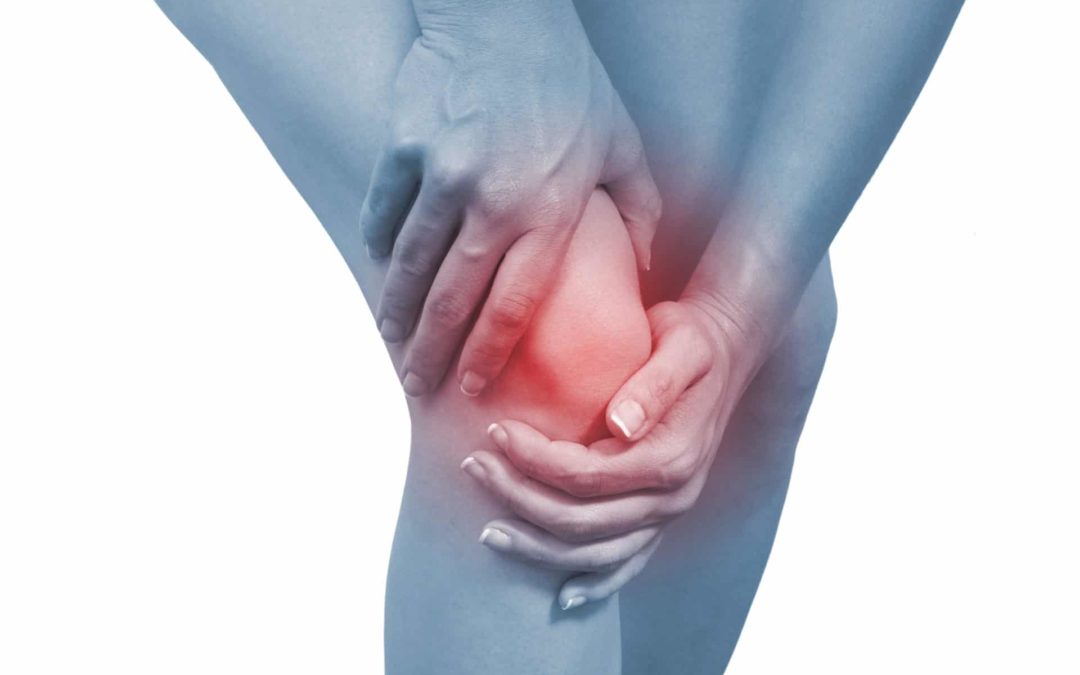As reported by the Cleveland Clinic in August, the number one condition associated with knee pain can arise at any point in adult life, your 30s or your 70s. That condition is osteoarthritis, which encompasses over 100 kinds of arthritis.
Osteoarthritis and arthritis pain
Dr. Robert Nickodem, Jr., compares osteoarthritis to a hinge that has become rusty. The joint still functions (at least partially), but wear and tear mean that “it creaks.”
The doctor, an orthopedic surgeon, offers a basic way to determine if you might have osteoarthritis through self-assessment: you probably do if you experience pain within the knee, below the kneecap, that is exacerbated when you kneel, squat, or use a staircase.
Osteoarthritis develops as follows:
- The cartilage that forms a cushion in between our bones breaks down as we age.
- In some individuals, based on genetic makeup or injury, cartilage erosion occurs at a faster rate than normal.
- When cartilage becomes less abundant, your bones will start grinding against each other, resulting in pain and inflammation.
Suggested knee pain therapy from the Cleveland Clinic
Dr. Nickodem suggests the following knee pain therapy strategies to improve comfort and recover complete range of motion:
- RICE therapy. This simple and natural four-step plan involves resting, icing, compressing, and elevating. This technique can be effective at reducing pain and inflammation.
- Physical therapy. By learning exercises that make your quadriceps and hamstrings stronger, you can reduce the pressure, in turn alleviating arthritis pain.
- Knee braces. Directly supporting the knee is another way to minimize the pain.
- Lubricant injections. Injecting a lubricant, which is called viscosupplementation, has been shown to improve functionality, with Nickodem attesting that it helps 75% of people with mild or moderate forms of the condition.
- Cortisone injections. Intermittent use of steroids treatments can assist with pain alleviation and inflammation reduction as well.
- Anti-inflammatory medication. Be aware that while acetaminophen can alleviate pain, it doesn’t have the anti-inflammatory properties of aspirin and ibuprofen, both of which are preferable. It also can become dangerous to use over-the-counter medications for an extended period of time (as is true with cortisone injections), so always couple medications with a multidisciplinary medical program.
Knee pain therapy
Dr. Nickodem recommends waiting until you can no longer put any weight on your knee before you seek medical assistance. However, allowing your knee to become progressively weaker could result in unnecessary surgery. Let us help you now using every safe and effective strategy available. Get a free consultation from Health Star Clinic, where 98% of patients rate our care as “Excellent” or “Very Good.”

